The horror genre, like virtually all genres, relies on many repetitive narrative constructs. Characters in horror movies tend to make the same errors in judgment time and time again, finding themselves unavoidably in trouble. Mad scientists famously never learn lessons by predecessors when trying to either play God or engage in garishly unethical experiments. Audiences famously never grow tired of onscreen decisions and behavior even when they know what’s coming. Horror genre conventions exist because they work and meet audience expectations. Staying true to a specific formula keeps the genre alive, as audiences don’t always respond well to narrative directions that upend their desired cinematic experience.
Ironically, Crawl (2019), inverts many of the conventions, the ones based on character mistakes. Years ago, I read an essay* on three common crucial errors characters make in horror movies. In Crawl, the character of Haley, doesn’t make any of those mistakes, and, yet, she still finds herself in a horror movie, and a crawlspace teaming with alligators.
What are the three conventions Haley swims around in Crawl?
Don’t Wander from the Path
“Stick to the road. Beware the moors.” Immortal words from the horror classic An American Werewolf in London. Horror films work best when a character finds him/herself outside the realm of normality. The simple act of taking a wrong turn or veering off the beaten path can lead someone to face a horrifying menace, natural or supernatural.
Haley does violate this principle, somewhat. Soon after stopping at a roadblock, she leaves the main highway to travel onwards to her father’s lake house. Theoretically, going off the road is what gets her in trouble because it leads to a destination of great danger. However, had there been no roadblock and she remained on the main road, Haley would arrive at the same intended location and the same danger. The main road, the original one, would probably have taken her to the danger zone even quicker. Doubtfully, she would be there quick enough to get her father out of harm’s way as the alligators were already in the crawlspace. Wandering from the path had no bearing here. It’s more symbolic than anything else.
The evacuation roads she traveled might have been safer. Heavy rains pouring down on a dirt road could turn dirt into mud. The chances of her car getting stuck on such a road increase dramatically in terrible weather, though. None of this happens, and she gets to where she wants to go in the first place.
And she also gets to where she wants to because she knows where she’s going. It would seem she traveled down these alternate routes before, maybe to avoid heavy traffic at some point earlier. Traveling off a known road usually means the traveler heads into a potentially unsafe environment. That’s not the case here, as she knows the roads and where she’s going.
Don’t Go Off By Yourself
Haley does go off by herself, and she does have a noble reason for ignoring the police orders and heading into a perilous situation. She’s on a rescue mission to find her father.
All by herself, Haley drives through the rain and rising water. She arrives at the house and walks around, looking for her father with no company other than the dog. Slowly, she realizes that he may be down inside the crawlspace. Alone, she searches through the crawlspace until she uncovers her father. At this point, the alligators make their presence known, and the terrifying danger of the situation reveals itself.
The idea of going off by yourself infers you place yourself in danger because you give up safety in numbers. The combination of venturing off the known road and traveling by yourself compounds the threat. The main characters in American Werewolf in London, David and Jack, were safe while inside the crowded Slaughtered Lamb pub. Once they left the pub and went off by themselves, the two soon veered off a known road. The actions resulted in calamity by way of a werewolf attack.
Such a typical convention gets thrown on its head in Crawl, as Haley is perfectly fine when by herself. So she drives in treacherous weather, explores the first floor of the house, and enters the crawlspace, all by herself. And nothing goes wrong for her at any point.
Things don’t become dangerous until she finds her father. Once she’s not alone anymore, the situation shifts to one of great danger. Now, her father violated the rule of going off alone and became alligator prey. Haley finds her father, and now the two have strength in numbers, barely. The ravenous alligators looking for food total a lot more than two. Haley and her father have each other, but the alligators are closing in.
Don’t Embrace the Unknown
Haley doesn’t travel into the unknown. She goes to her father’s lake house, a place she spent much time before. The house once served as a family home many years before. She would not be traveling to his house alone if she did not care for him and also feel comfortable at the residence. Likely, the reason she doesn’t mind risking her safety during the hurricane is she returns to familiar territory. Familiarity breeds confidence, casting caution about the hurricane to the wind.
The crawlspace presents a journey into the somewhat unknown, but it is part of a familiar house. Under normal circumstances, the crawlspace doesn’t likely present any out of the ordinary threats. As a child, Haley lived there. The crawlspace doesn’t represent anything unknown or mysterious to her. Even the unexpected element, the alligators, can’t be entirely considered unknown. Florida is home to many alligators, so their presence isn’t a complete shock. Should she have known about the risk? Possibly, as her father certainly knows a lot about the alligators. He even makes mention of their behavioral traits to advise his daughter. To protect her, he explains how alligators see and hear things so she can use the information to her advantage. While the unknown here becomes an understanding of how the creatures act, it immediately becomes known. A lot of things are “known” here, even the best escape routes out of danger.
An Unnerving Moral to the Story
Leaving the safety of the path, going off by yourself, and heading into the unknown leads to danger and tragedy. There are moral lessons to learn here. Often, horror movies teach characters, and audiences, the folly of making bad decisions. What’s unnerving about Crawl is Haley doesn’t make these mistakes and finds herself in dire trouble anyway. The moral lesson here embraces a cynical fatalism: you can do everything right and discover things still go tragically wrong. That’s often the cycle of life.
(*Unfortunately, I cannot find that essay or recall who wrote it. If I ever do, I’ll make a notation to give credit where credit is due.)
 Horror News | HNN Official Site | Horror Movies,Trailers, Reviews
Horror News | HNN Official Site | Horror Movies,Trailers, Reviews
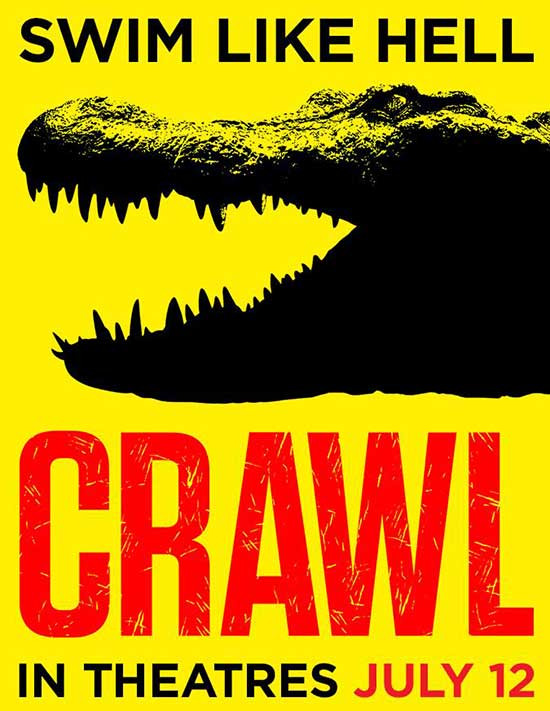
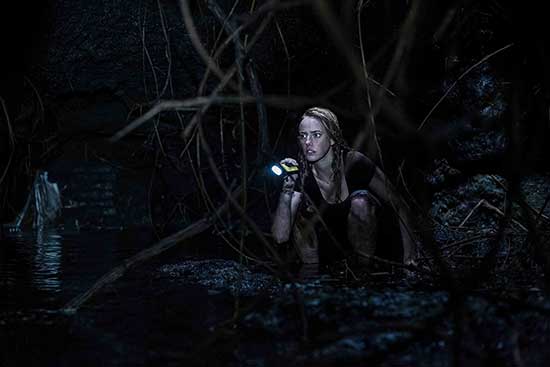
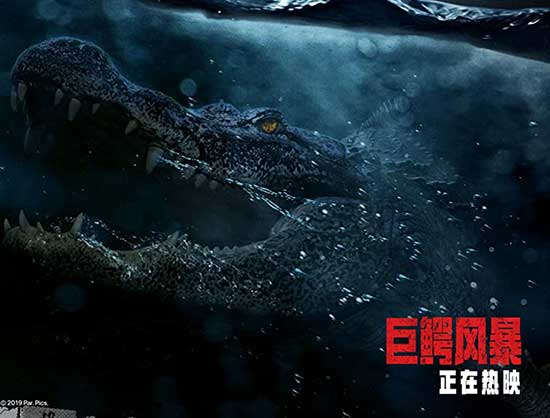
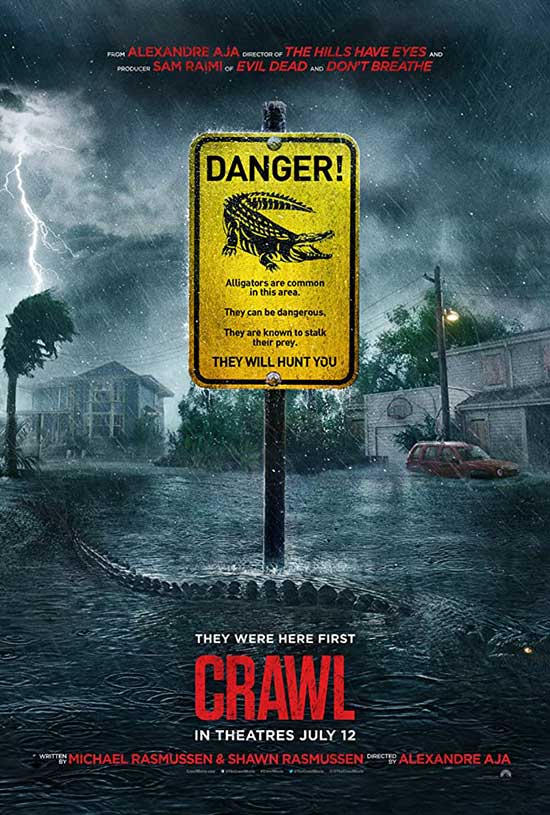
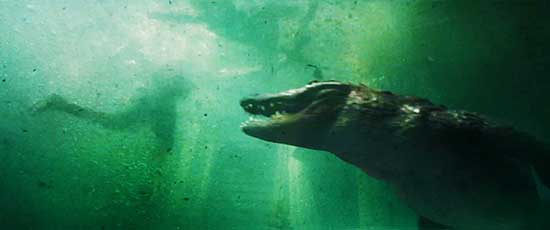
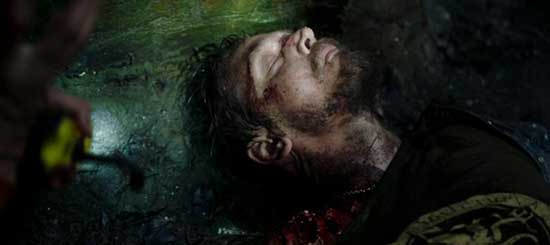
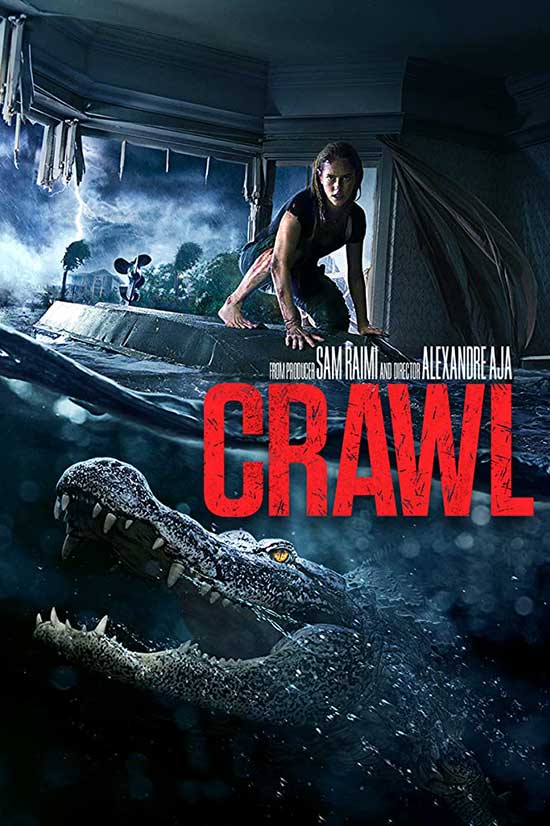
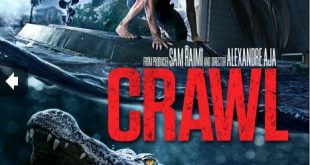
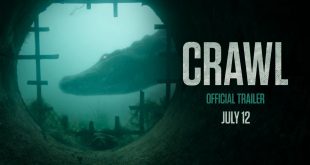
Great analysis! I like the idea of shredding tropes and refreshing the genre. Here’s another one: CRAWL is a rite of passage plot with horror dressing. The young woman has to go through this ordeal in order to establish herself as a capable adult. Her father literally giving her his own wisdom and tools to help her be reborn through the crawlspace as a force to be reckoned with. Like the ancient and current tribes who demand children be seen as adults only after a trial or ritual ordeal of some sort.